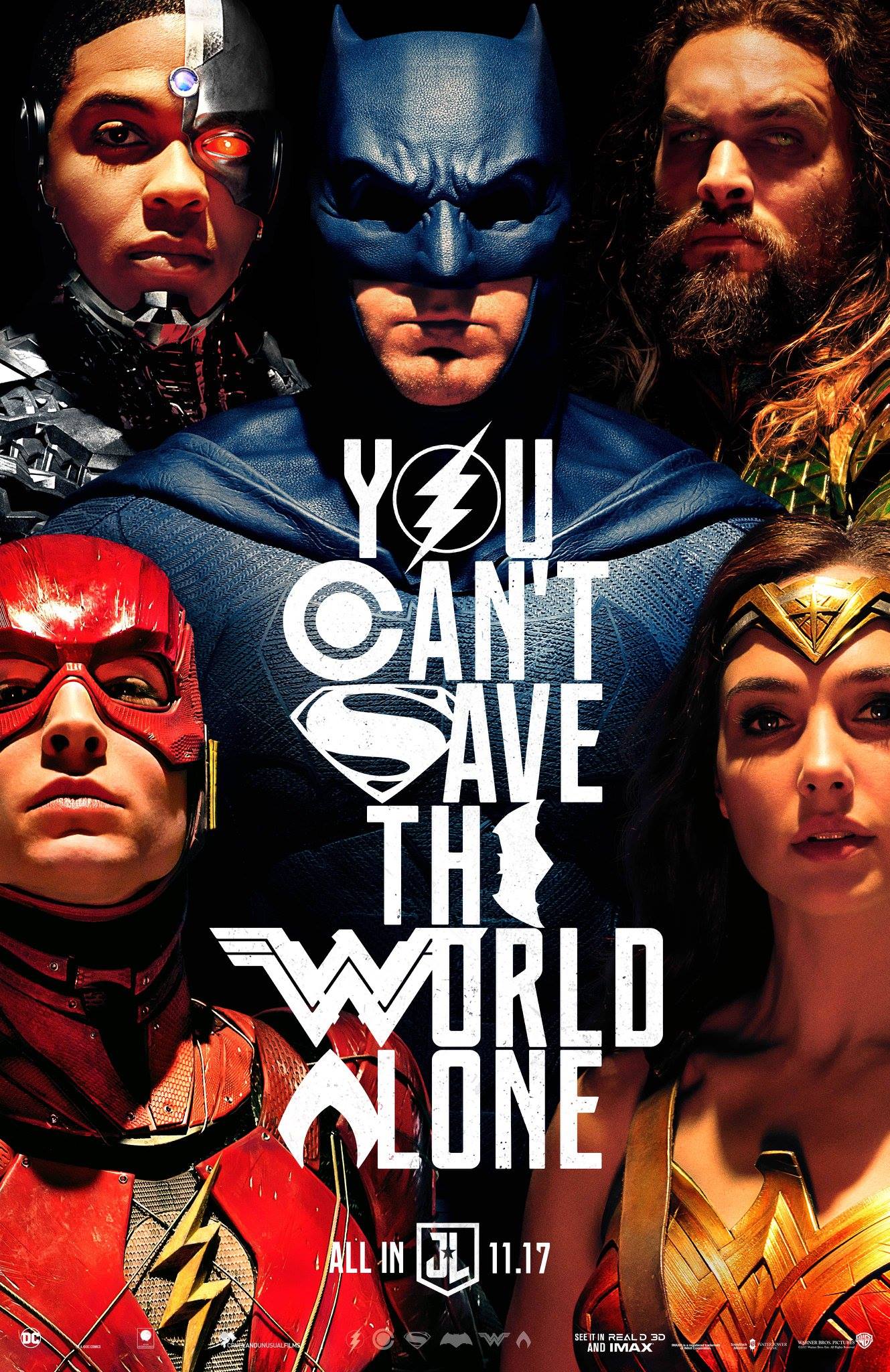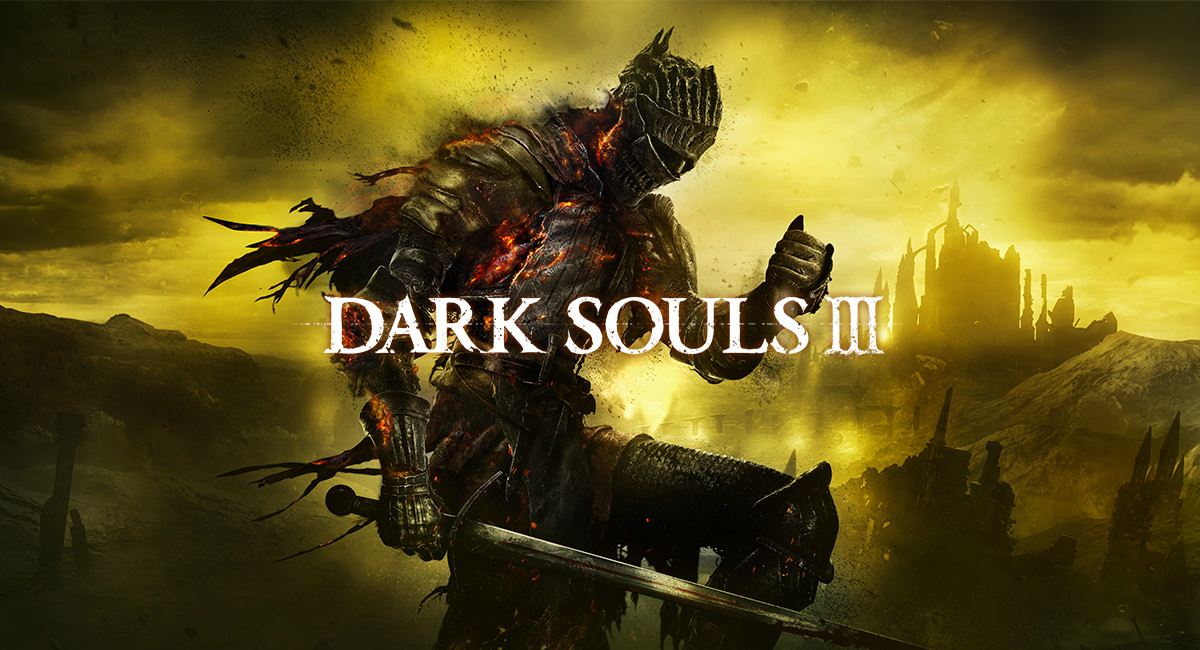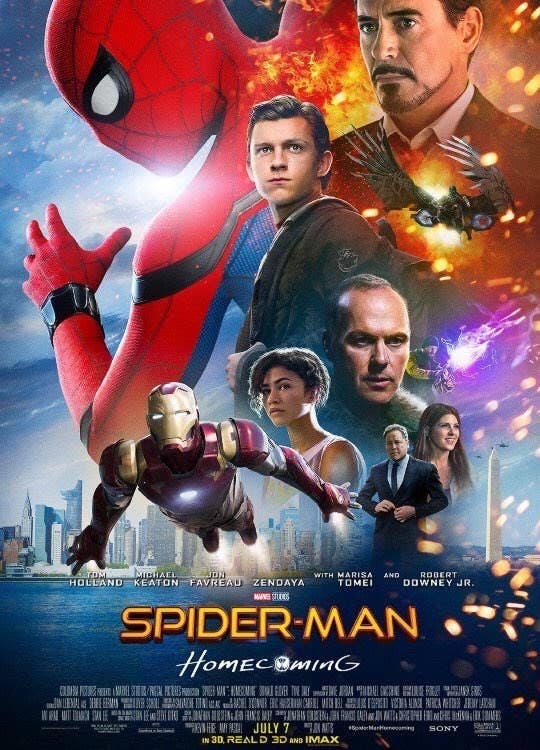Justice League is... ok? I guess? I keep trying to figure out a better way to start, but there isn't really much more to say about it. It's not the hot mess that Suicide Squad was. It isn't the fundamentally broken and jumbled disaster that was Batman v. Superman: Dawn of Justice. It isn't the misguided, but respectable effort that Man of Steel was. By no means is Justice League the worst effort in the DC extended universe. It is a very middling affair. Oddly enough, that is quite an accomplishment.
The production troubles for the film are well-documented. Zack Snyder, who was most successful at dividing audiences with Man of Steel and Batman v. Superman, appeared to launch a franchise to rival Marvel or Fox. Then, he stepped away after his daughter, sadly, committed suicide. Though much of the film was done shooting, Warner Bros. brought in Joss Whedon to finish the project. Whedon, likely under the guidance of studio notes, sought to bring a lighter and more fun sensibility to the Snyder-verse- itself likely the result of May's Wonder Woman, which was positively received. What we're left with is a film that doesn't feel exactly like a Whedon film, nor does it feel like a Snyder film either. Whedon wound up reshooting a bunch of scenes (famously requiring the CGI removal of Henry Cavill's mustache, which he had to grow for Mission Impossible 6, in post-production). It ultimately isn't difficult to tell which scenes were shot by Snyder and which were done by Whedon.
Continuity issues arise, inevitably. Sometimes, you've got someone with a different wig. Others, a character suddenly dons an additional article of clothing that seems impossible to have missed, but they did. There is also a strange look from scenes clearly adjusted in post. For example, when Superman returns and is confused so he attacks the Justice League, the trailers indicate that scene takes place at night. In the final cut, it's altered to take place in the day. This is clearly a Whedon change, given that Snyder has never framed an action sequence in clear daylight. Even when he does set things during the day, he puts the light through a filter to wash it out. Not dark and dreary enough, ya know?
The biggest issue is the tone, which is - at times - all over the place. In one scene, they focus on the Justice League planning to rescue hostages. Cut to Steppenwolf violently murdering a woman. Cut back to the Justice League with the Flash making a bad, inappropriately timed joke. What are we supposed to be feeling here? Are we supposed to be concerned about the safety of the hostages and the superheroes, given we just witnessed a pretty violent murder? Are we supposed to be just "enjoying the ride" and laughing because of the bad joke? In terms of narrative and characterization, the film is relatively consistent, but its conflicting, incoherent tone is something that sets it apart from the previous Snyder films - which are all awful, but Snyder at least keeps a consistent tone (on the most part).
Justice League might be more fun than Batman v. Superman and Man of Steel, but it is still inherently broken by virtue of functioning as a sequel. The film doesn't *really* work if you remember anything about Batman v. Superman: Dawn of Justice. They largely try to avoid issues with their current plot by ignoring that the last film even happened at all. For example, a central point of Justice League is that Superman was a beloved figure and without him around, the world is devolving into chaos and violence. There is no one to stop it, and no one to inspire the people to be their best selves. Ok, fine. As a starting point on paper, that's a fine set up. Except to start there, you have to completely ignore Batman v. Superman, in which the central source of conflict was around the fact that Superman was a very polarizing figure who was feared and hated by a huge chunk of the population. (It's the entire reason Batman wanted to kill him, and the source of Superman's own internal conflict about his role and standing in the world.) Well, ok, so just pretend like this is a new movie and it's fine. Except you can't really do that because Justice League itself references events in Batman v. Superman multiple times.
Which is the core problem right now with the DCEU. It's clear that they have no idea what they want to do with these properties or this universe. They hired a guy who obviously doesn't care much about Superman to kick things off, and have been trying to figure it out after that. The success of Marvel - the studio who has meticulously built a cinematic universe over the course of a decade, spanning seventeen films - has them desperately playing catch-up, thus not giving us enough background or insight into characters like the Flash, Cyborg, or Aquaman. There's also a tendency to want to stand out from Marvel, hence the darker, more brooding characterizations, allowing Zack Snyder to build his universe in earnest. Just before the release of the film, Warner Bros. came out to say that they weren't really building a singular "universe" and that each film should be viewed as its own thing.
Nowhere is this attitude more confusing than Justice League. If they truly aren't trying to build a "universe," then why launch Justice League off the back of Batman v. Superman? Why make it so that key plot points of this film (i.e. Superman is dead and the motherboxes are on Earth) are introduced in the previous film? Even more, if you cancelled the initial sequel to the film (which they did - originally this was going to be in two parts, but they reduced it to one), why add a post-credits sequence that set up a sequel?
Ok, well, we've seen stuff like this before. After all, Sony teased a Sinister Six movie at the end of Amazing Spider-man 2. We never wound up getting that Spider-verse that they had planned on. Plot points from that franchise were ultimately left dangling because it was so critically panned and under-performed at the box office that Sony cancelled all future plans for the series, ultimately giving the creative reins back to Marvel. What feels different about Justice League, however, is how openly troubled the production of the film was, and how confusing the future of the universe is. Granted, many casual viewers might not be aware of anything going on outside the film itself, but if you do follow movie news, then you would likely be going in knowing that Warner Bros. doesn't currently have plans to make a follow-up film, nor do they appear committed to universe-building. So when you get to the end and they tease a Legion of Doom sequel, it's...confounding. Am I supposed to be hyped for that? I mean, you just said you weren't making a sequel. Am I supposed to be thrilled you introduced Deathstroke? You just said you aren't building a shared universe!
Warner Bros. is still having trouble figuring out what they want to do. This is mirrored in the film by the Superman problem. Since the universe has been centered around creative forces that are obviously not big fans of the characters, there is a bit of a problem with Superman. They don't seem interested in getting his character right. On top of that, they don't seem able to figure out how to utilize him. Once Superman shows up to the final battle, he single-handedly retcons the need for a Justice League at all. He takes out Steppenwolf without taking a single hit himself. He even pauses to save a bunch of civilians trapped in the area.
Much has been made about how they finally got his character "right," and I guess that's true? Sort of, at least. He's definitely more like the source material than the previous films, but he's also only in the film for a few minutes and primarily serves as a plot device to save the day. This contributes to the popular idea that Superman is a bad character because he's overpowered. Steppenwolf is a bad, under-explored villain (who also looks like CGI garbage), but he's of another world and related to Darkseid. Why can't he get in even a few hits? You can still have Superman get punched or throw into a wall and have him win, ya know. It doesn't even call the Justice League into question if you spend more time getting their characters right.
See, in the comics and the animated series, the existence of Superman never rendered the Justice League pointless. Sure, Superman has more powers than everyone else and is stronger than everyone else, but he isn't usually presented as invincible. Other characters are also generally regarded more powerful. Wonder Woman, for example, is often presented as nearly as powerful. In the film, however, she gets in one headbutt that doesn't really phase him. This isn't a problem with the character of Superman; it's a problem with the writers. They don't like Superman, they don't care about Superman, and so they don't know how to write Superman.
The characterization of each member can be a little jarring as well. This has to be, without question, one of the dumbest portrayals of Aquaman ever. (Side note: can we please retire the, "You talk to fish" joke? I don't know how other fans feel, but it's getting really annoying to see so many writers act embarrassed about the material they're working with. Aquaman has been a great character for decades, and he's still being treated like a joke by creators.) The Flash is likely going to be polarizing. I enjoyed Ezra Miller's performance on the most part, but some of his jokes are forced and inappropriately timed. (He also looks like a person who has never run before. He runs weird, is what I'm saying.) The speed force looks pretty cool, though. We've now seen three speedsters represented in films, so it can be tough to present the same power we've seen before in a new way. Justice League provides that. And Cyborg is...not the fun character you might remember him being. He's solid, but is clearly the biggest victim of the director change and the studio mandate to be no longer than two hours. There's a lot of story missing for him, but given his significance to the plot, there has to be more on the cutting room floor. Ben Affleck, meanwhile, looks bored and eager to get out.
Wonder Woman unquestionably fares the best. She has stepped into the role of Superman, being the inspiration for many and the glue of the team. Her compassion and skill make her the beacon of light and hope that would normally be Superman's role had they bothered to get him right. It's what makes her the best character in the DCEU. (Of course, she and the Amazons don't escape the male gaze, in which her skirt is arbitrarily shorter, and they hold longer on slow-mo shots of her in motion to expose more of her legs and butt. Male objectification aside, Gal Gadot actually continues doing a good job in the role.) Surely, if the universe is going to move forward with some form of continuity foundation, Wonder Woman has to be the centerpiece.
As a film, there are a lot of problems. It's not as obtrusively bad as Batman v. Superman, but it's also not as try-hard as Man of Steel. You will likely forget almost everything about it once you've left theaters. It's bad, but it might have enough elements people might enjoy to be tolerable.
REDUCTIVE RATING: Bad.



